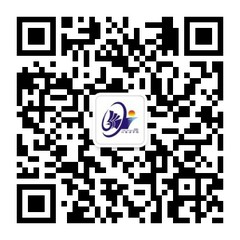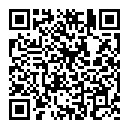To improve students' language, data, and translation research ability and practical ability, enhance students' academic research ability, let students understand the development prospects of Maritime University in corpus and artificial intelligence, master cutting-edge technologies such as linguistic intelligence technology, and enhance students' academic exchanges in interdisciplinary research, The College of Foreign Languages of Shanghai Maritime University will launch a five-day academic training camp on Language, Data and Translation of Shanghai Maritime University on September 9, 2024.
On the afternoon of September 10, 2024, Shanghai Maritime University Language, Data, and Translation Academic Training Camp continued to be held. Associate Professor Yuan Yu, School of Foreign Languages, Shanghai Maritime University, shared the research results of the research theme Artificial Intelligence in Translation Studies: Predicting Translation Errors with LLMs. Professor Song Zhiping of the School of Foreign Languages shared a discussion on the Translation and Research of Maritime Texts. Online and offline campers from different regions participated in the seminar.
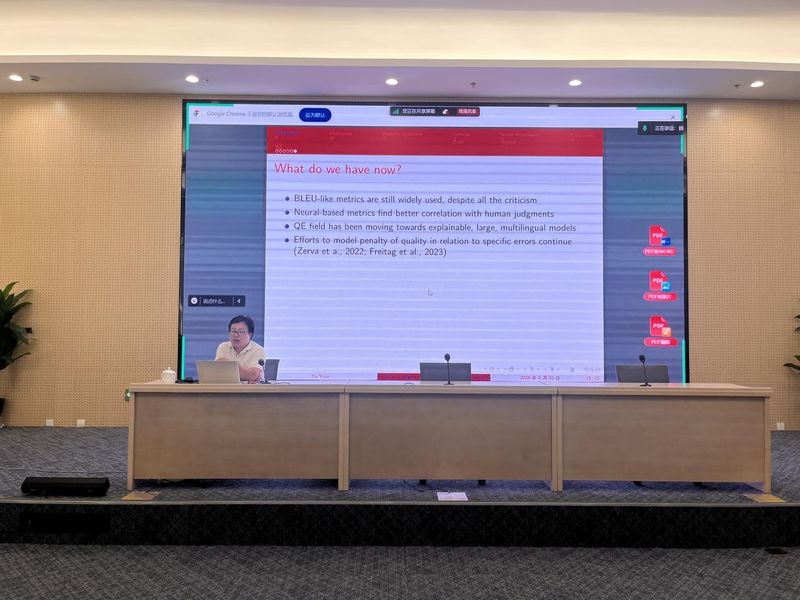
Associate Professor Yuan Yu shared the research results
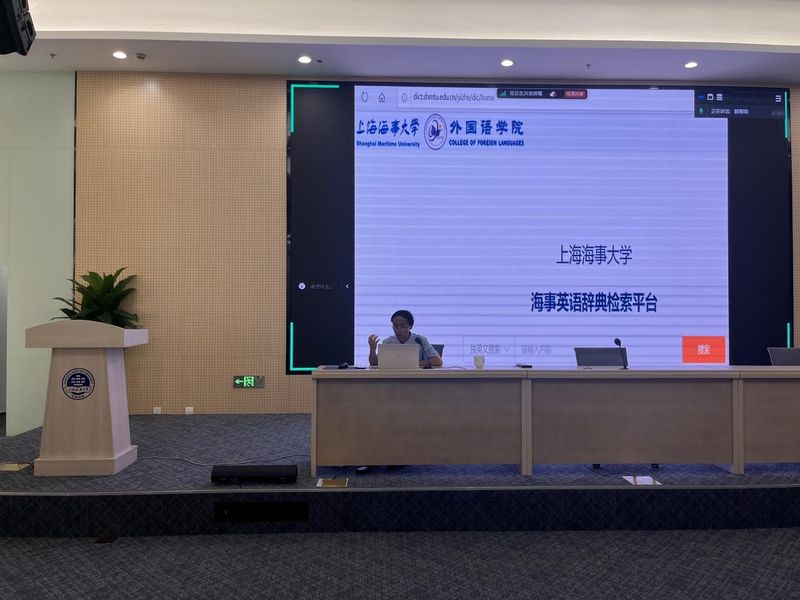
Professor Song Zhiping shared the lecture
In the first part of the wonderful report, Associate Professor Yuan Yu, with his profound academic foundation and keen insight into the cutting-edge technology of artificial intelligence, opened a profound discussion on translation quality assessment and automatic error prediction for the audience. From the macro perspective, he first analyzed the opportunities and challenges faced by the current rapid development of machine translation technology in the context of translation quality assessment. Mr. Yuan not only focused on improving the quality of machine translation itself but also prospectively discussed how the quality of human translation can be more accurate and efficient with the help of automation technology, which undoubtedly injected new vitality into the current field of translation research.
Given the common types of translation errors, Associate Professor Yuan Yu led a comprehensive review of the research field related to translation errors. He believes that these errors are not only a direct reflection of translation quality, but also a key driving force for the continuous advancement of interdisciplinary fields such as machine translation quality assessment and human translation quality assessment. To this end, he shares an important research advance he has made in the field of automatic prediction of translation errors. This achievement is based on the in-depth analysis and mining of a large number of translation practice data, and the use of the most advanced large language model technology to realize the intelligent recognition and prediction of translation error types.
Specifically, Yuan and his research team screened a subset of machine translation error data annotation sets as a training basis. Through fine-tuning experiments on large language models, we try to teach the model to catch the subtle clues that may lead to translation errors.
In practical application, the model can evaluate any given pair of translated sentences quickly and accurately, and automatically identify and predict the possible types of translation errors. Although Teacher Yuan Yu admitted that due to the imbalance of data, the multiple attributes of translation errors, and the difference in the distribution of errors between machine translation and human translation, the results of the existing model are not satisfactory and there is still a lot of room for improvement. However, this research not only provides powerful auxiliary tools for translators, but also greatly improves the efficiency and accuracy of translation. At the same time, it also opens up a new way for the improvement and development of translation quality evaluation system.
Associate Professor Yuan Yu's presentation not only showed his profound insights in the field of translation quality assessment and automatic error prediction, but also demonstrated his spirit of daring to explore and innovate as a scholar. His research attempt will undoubtedly inject new impetus into the future translation research and practice, and further enhance the interdisciplinary nature of translation studies.
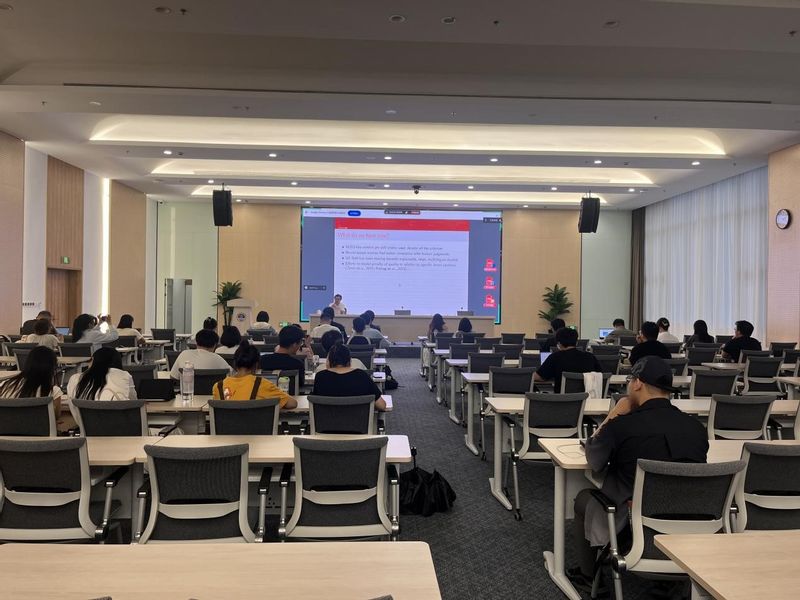
Associate Professor Yuan Yu shared research results
With his rich professional knowledge and practical experience, Professor Song Zhiping led the students to explore the professional field of maritime text translation, especially to understand and master the unique characteristics of maritime language.
Ms. Song first analyzed the characteristics of maritime language in detail, emphasizing its importance in professionalism, accuracy and international communication. He pointed out that maritime texts not only cover complex professional knowledge such as ship operation, Marine regulations and cargo transportation, but also involve precise conversion between multiple languages, which puts high requirements on the professional quality of translators. Then, Professor Song elaborated on the strategies and skills of maritime text translation, including how to accurately understand the context of the original text, how to choose the most appropriate expression to conform to the norms and habits of the maritime industry, and how to ensure that the translation retains the semantic integrity and logical clarity of the original text while conveying the information.
In order to further assist the practice of maritime text translation, Professor Song Zhiping also focused on the introduction of maritime terminology database. As an important platform for knowledge accumulation and sharing in the maritime field, the maritime terminology database contains a large number of strictly audited and standardized professional terms and their corresponding translations. The accuracy and consistency of these terms are crucial to ensure the quality of maritime text translation. Mr. Song not only listed several authoritative maritime terminology resources, but also personally demonstrated how to efficiently use these terminology databases for inquiry, learning and reference.
Professor Song Zhiping also carefully selected and recommended a series of books and literature on maritime language, covering theoretical discussions, practical cases, industry standards and other aspects.
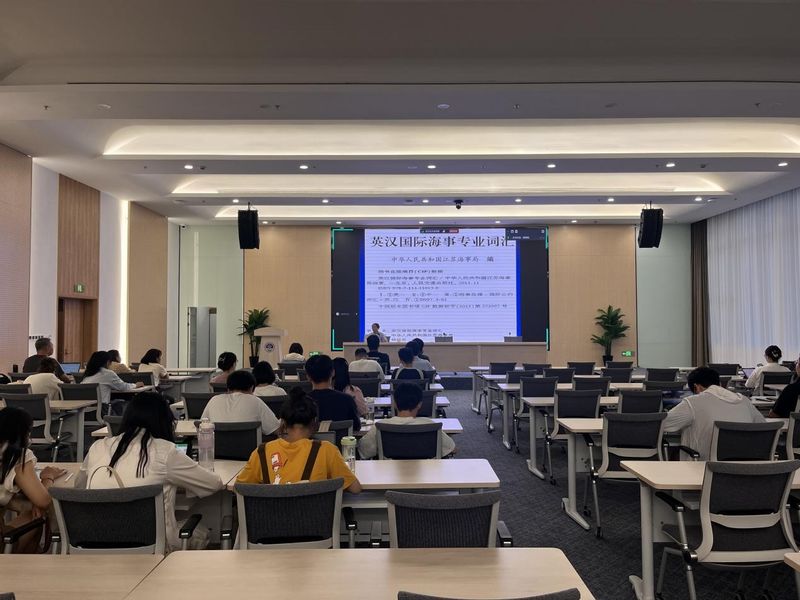
Professor Song Zhiping shared maritime text translation
Today's two sessions include not only the research results of cutting-edge projects, but also the research and development of maritime translation and other fields.
(Reported by the College of Foreign Languages office; Translated by Shi Ying)

